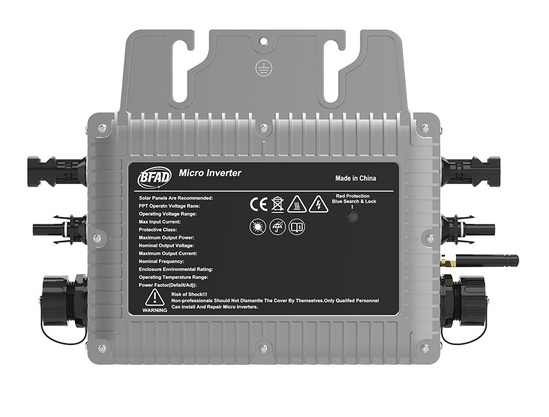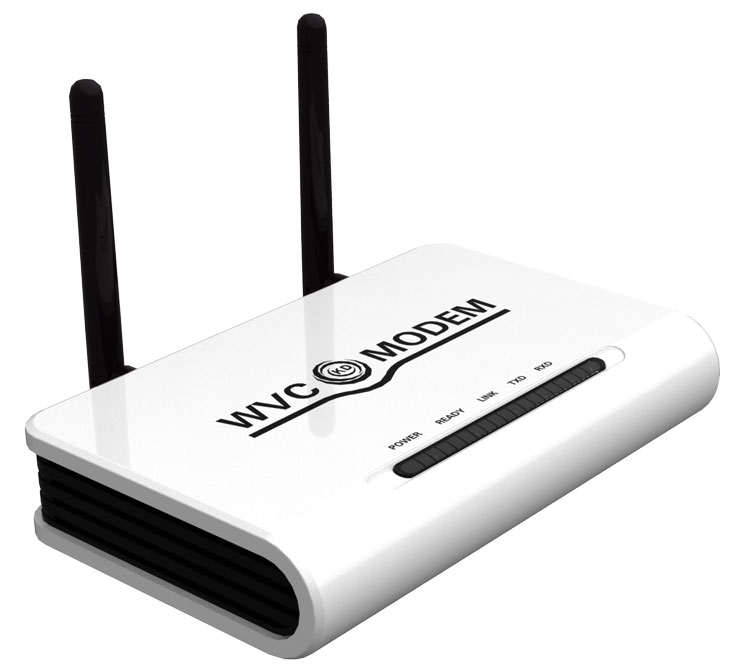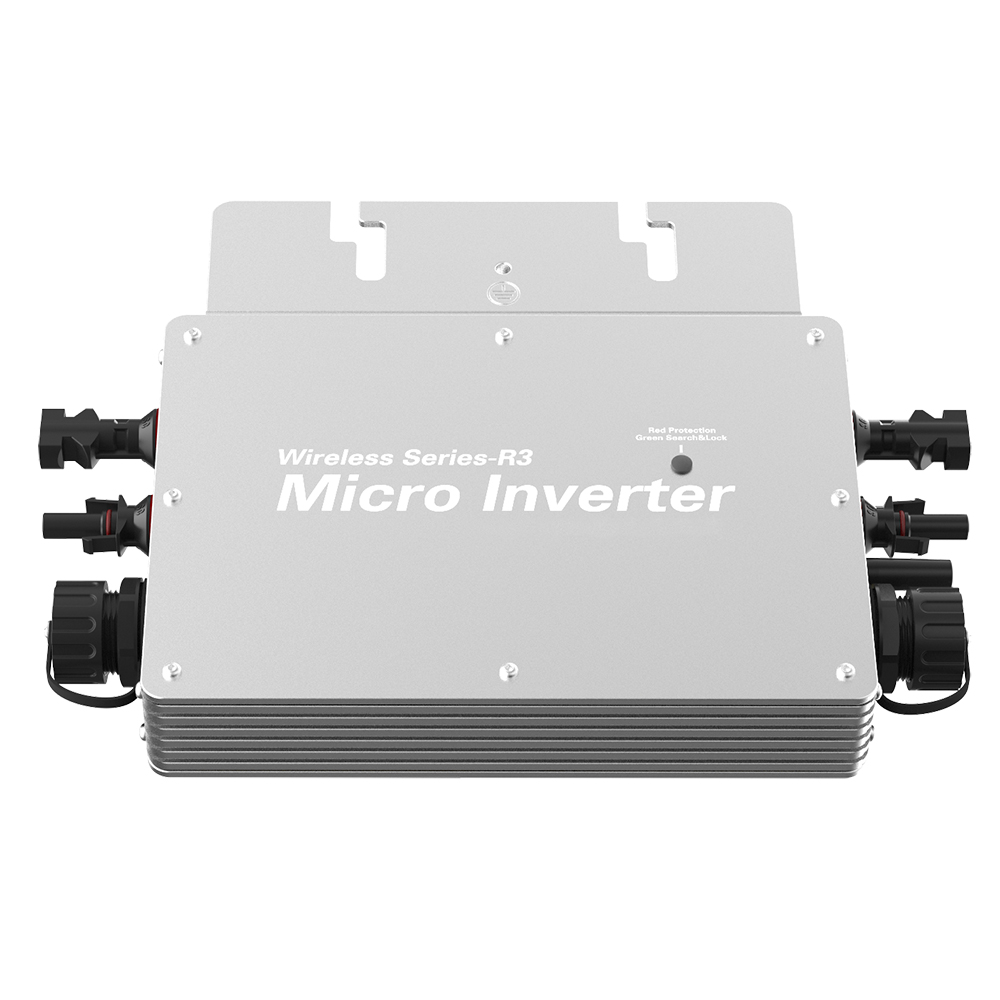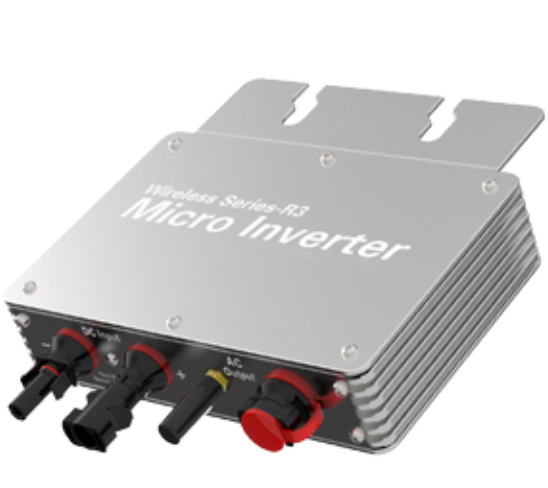
The causes of inverter container failure mainly include the following:
1. Capacitor aging: The capacitors in the inverter will age over time, long-term use or high voltage operation will cause damage to the internal dielectric of the capacitor, and the capacitor value will decline, resulting in the failure of the inverter container.
2. High temperature: When the inverter is working, the component generates heat. If the heat dissipation is poor or the ambient temperature is too high, the component temperature will rise too fast, causing the inverter container to fail.
3. Overload operation: The inverter runs in the overload state for a long time, which will have an adverse effect on the container, easily leading to damage and failure of the container.
4. Overvoltage operation: The inverter works for a long time under the overvoltage state, which will make the container voltage withstand the limit, resulting in damage to the container.
5. Transient overvoltage: When the inverter switch action and output load change, transient overvoltage may occur, resulting in insulation breakdown in the container, causing container failure.
6. The humidity is too high: When the humidity is too high, the internal components of the inverter are damp, reducing the insulation, and causing container faults.
7. Large current impact: When the inverter starts or outputs large current instantaneously, current impact may occur, causing damage to the container.
8. External damage: The inverter suffers from external physical damage, such as vibration, collision, temperature changes and other factors will also cause container failure.
The above is the main reason for the failure of the inverter container. In order to avoid the failure of the inverter container, the inverter should be regularly checked and maintained to ensure that the working environment is suitable, avoid overload and overvoltage operation, and timely deal with the problems such as device aging.



